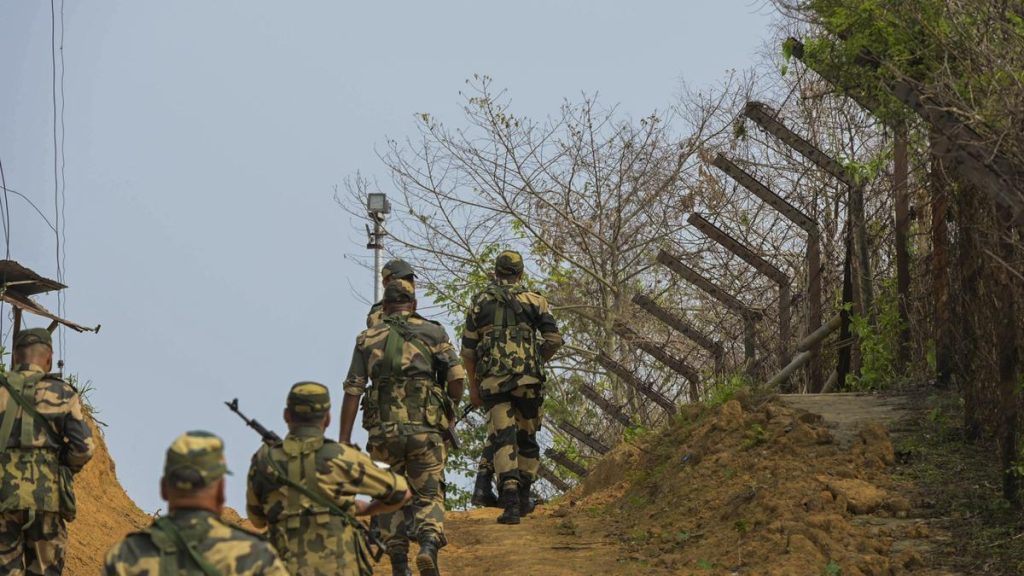Now Reading: Railways Blame Kerala Govt for Land Acquisition Delays
-
01
Railways Blame Kerala Govt for Land Acquisition Delays
Railways Blame Kerala Govt for Land Acquisition Delays

Swift Summary
- Delay in Rail Projects: Union Ministry of Railways attributed delays in several rail development projects in Kerala to the State government’s slow progress in land acquisition.
- Pending Land Acquisition: Out of 476 hectares required,only 73 hectares have been acquired; ~85% of land acquisition remains pending.
- Railways’ Contribution: ₹2,112 crore deposited by Railways for land acquisition purposes.
- Affected Projects:
– Angamaly-Sabarimala new line
– Ernakulam-Kumbalam patch doubling
– Kumbalam-Turavur patch doubling
– Thiruvananthapuram-kanyakumari doubling
– Shoranur-Vallathol doubling
- Current Implementation Status:
– Six projects totaling 255 km with costs of ₹9,415 crore underway; only 26 km commissioned so far at an expense of ₹3,250 crore (up to March 2025).
– surveys approved for six future rail expansion projects passing through Kerala.
- Rapid Services & New Trains: Launch decisions dependent on feasibility studies. Ten train services introduced in Kerala from 2022-25,including four Vande Bharat trains.
Indian Opinion Analysis
The reported delays caused by incomplete land acquisition highlight a point of interdependency between Central and State authorities for infrastructure development. While the Railways have financially supported the process through significant funding (₹2,112 crore), expediting completion necessitates proactive measures from the Kerala State government to bridge administrative bottlenecks.
These delayed rail initiatives-covering crucial connectivity routes such as Thiruvananthapuram-Kanyakumari and Angamaly-Sabarimala-are likely to impede improvements to both passenger mobility and freight logistics within Kerala. For a state heavily reliant on its coastal geography and interstate commerce via roads and rails, timely project completions are critical.
Moreover, plans for future expansions signal long-term benefits but require further alignment among stakeholders for effective execution without perpetuating delays tied to procedural hurdles like surveys or groundwork approvals.
Strategically integrating rapid transit systems into operational calendars post-feasibility analysis underscores cautious optimism rather than rushed implementations-it ensures reliability in service deployment aligned with traffic metrics.
Read more at Indian Opinion.























